The thyroid gland, located at the base of the neck, plays a crucial role in our body’s functions. When it malfunctions, we may notice subtle changes. Being attentive to these signs can help us detect thyroid diseases early and seek treatment faster.
We have compiled the symptoms of thyroid disease and examined how age, gender, and nutrition contribute to its effects.
Hyperthyroidism
This is one of two main types of thyroid diseases. A well-functioning thyroid releases a good number of hormones into our bloodstream to help our bodies function well, but a thyroid going through hyperthyroidism produces too much of its hormones, causing the body to breakdown.
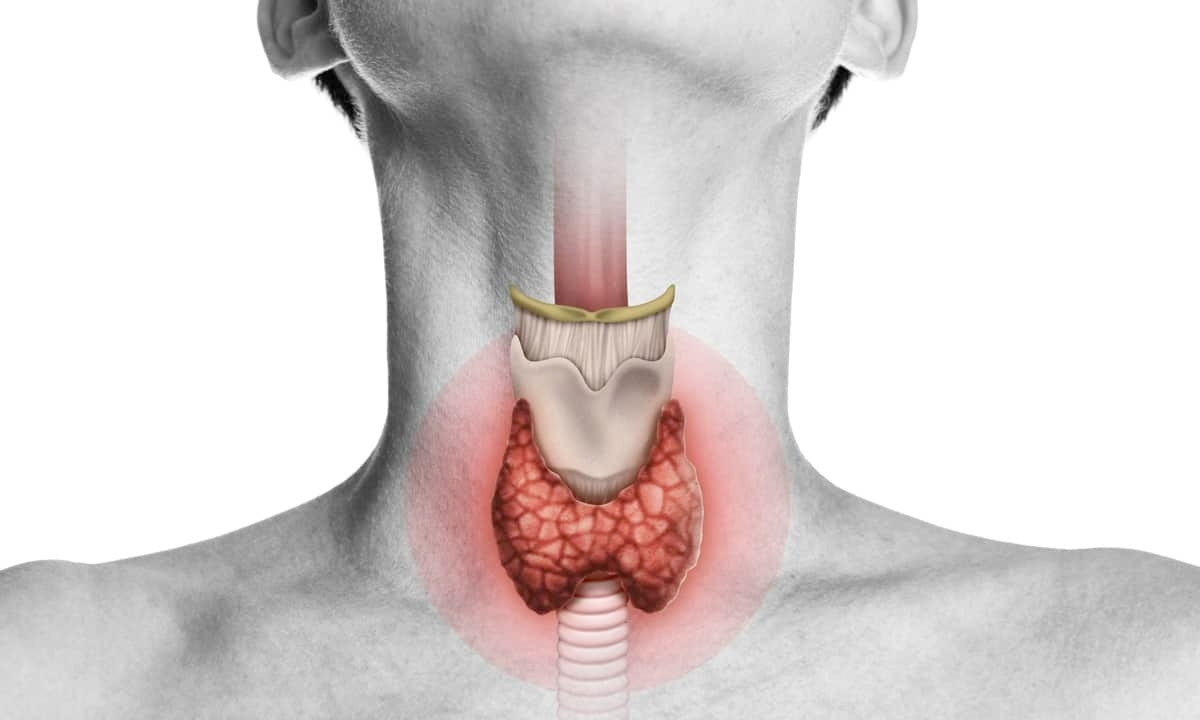
But what are the symptoms?
“I had started to feel symptoms that ‘something was not right,’ very gradually, over the last two years. My hair gradually started shedding heavily about a year ago, I would get waves of debilitating anxiety for no reason, high heart rate, overheating, couldn’t sleep, waves of fatigue.
Many of the symptoms of an overactive thyroid. Due to the symptoms and having a sister with hypothyroidism (autoimmune), I suspected that I had a thyroid issue, so I asked the Dr about this and if they could check.” LuckyDJC / Reddit
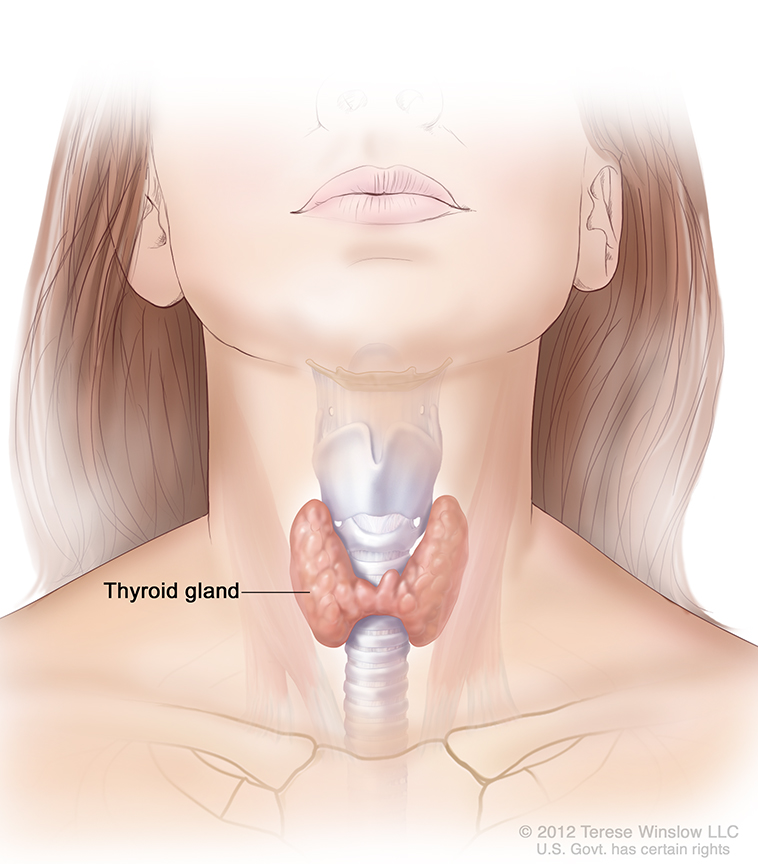
1. Decrease in menstrual cycle
The menstrual cycle and reproductive system is also affected by thyroid disease. It can cause irregular menstruation and a lighter flow, and fertility issues could result from this.
2. Heart Palpitations
Too much of the thyroid hormone enhances the speed at which a heart beats.
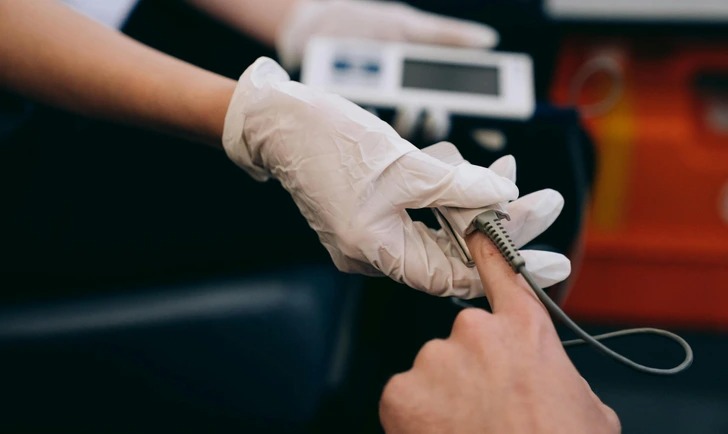
3. Anxiety or Irritability
The psychological symptom of thyroid disease is that it affects our mood. In hyperthyroidism, it produces a nervousness or irritability. Thyroid-related anxiety usually goes hand in hand with other thyroid symptoms like weight changes, heart palpitations and body aches.

4. Increased appetite
As the thyroid produces hormones that control metabolism and how the body uses energy, an excessive release of these hormones will then increase a person’s appetite.
5. Eye problems
Many people experience modest eye issues which include redness, dryness or vision problems; dry, gritted eyes that are sensitive to light, watering eyes, double or obscured vision, crimson eyes or bulging eyes with red, puffy, or drawn-back eyelids.
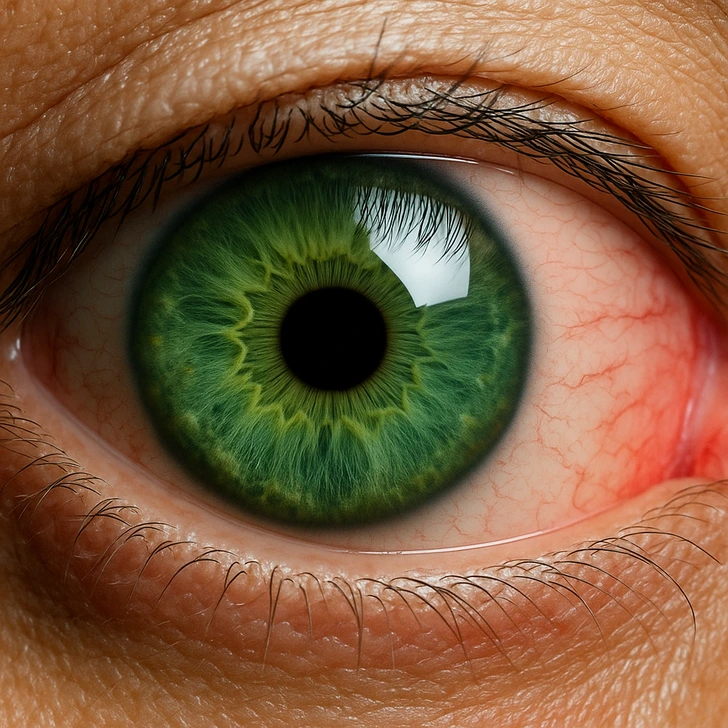
6. Increased Sweating
Hyperthyroidism may be indicated by excessive and frequent sweating. People with this type of thyroid disease are typically warm, with skin that’s moist to the touch.

Age and Gender
- Older people may encounter more subtle symptoms which includes an irregular heartbeat, weight loss, depression, and daily fatigue.
- Women over 60 are more likely to develop a thyroid condition.
- In children and teens, thyroid hormone is necessary for normal growth and development. Teenagers’ bodies require sufficient amounts of these hormones to sustain specific processes – Puberty is one of those processes. Teenagers who have high levels of thyroid hormone in their blood for an extended period of time may grow more quickly and experience puberty earlier.
Nutrition
Those with an overactive thyroid may benefit from the following foods: low iodine foods like fruit and fruit juices, egg whites, fresh or frozen vegetables, herbs and spices and vegetable oils; leafy green vegetables; foods with selenium like rice, egg whites, baked beans, oatmeal, spinach etc. and foods with iron, calcium, vitamin D and spices. Avoid caffeine, gluten, soy and foods containing iodine such as fish, kelp, seaweed, dairy products, iodine supplements, red-dyed foods, and egg yolks.

Hypothyroidism
This occurs when the thyroid produces too little hormones to distribute to the whole body, and this causes certain parts of the body to malfunction. Symptoms may not be so noticeable at the early stages, as some are not as common. So, what are some of these symptoms?
“My eyebrows have been thinning, and I’m suspecting it to be hypothyroidism because I have a thyroid condition like hypothyroidism. However, it’s the ONLY symptom I am having right now. Is thinning eyebrows only a precursor for worser symptoms, or should I be experiencing more than just that?” Wt87745 / Reddit
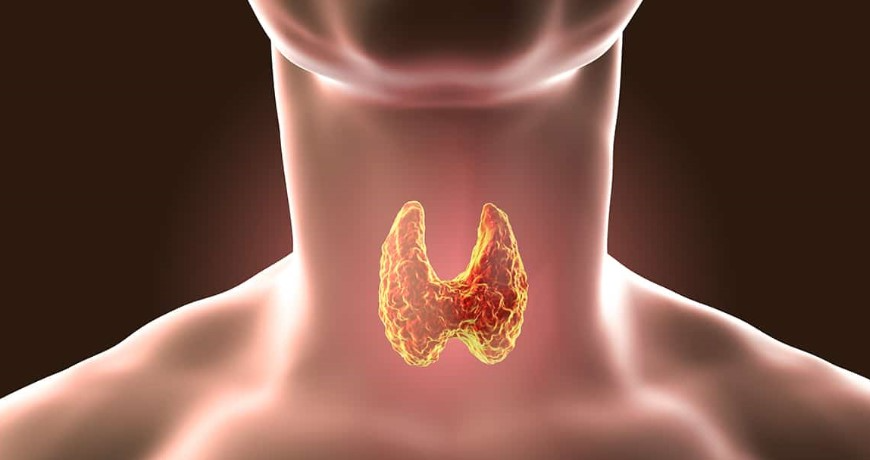
1. Eyebrow hair loss
An eyebrow will usually lose hair at the outer corner of the eyebrow – the part closest to the ear, due to hypothyroidism. Thyroid-related hair loss is often not permanent, and the hair should regain its fullness once thyroid levels return to normal.
2. Thick, dry, brittle nails
A person’s fingernails and toenails may vary in appearance and health due to thyroid issues. Nails can grow more or less swiftly, they could change their appearance, including ridges and shine and alterations in texture, such as brittle nails that lift off the bed.
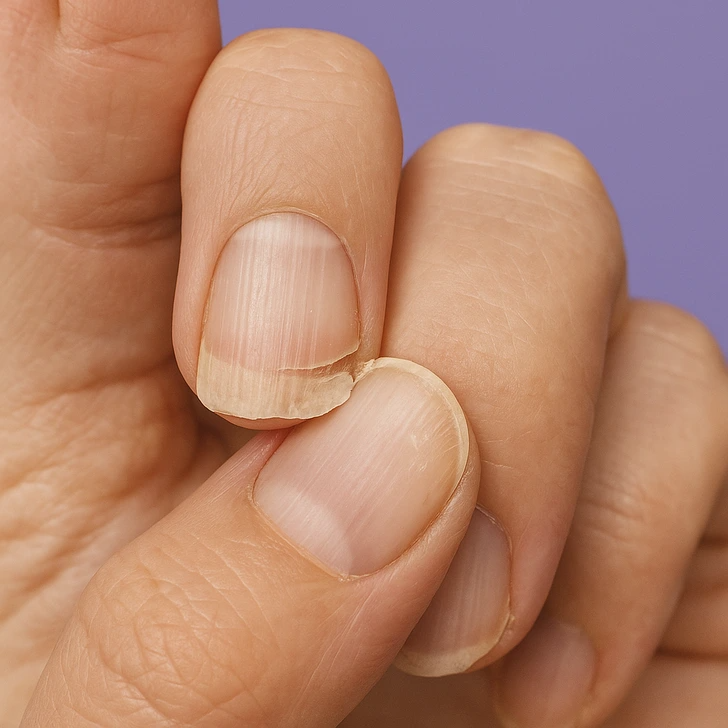
3. Memory Problems
Mentally, thyroid disease — hypothyroidism — doesn’t release enough hormones to the mind, creating a mental fatigue whereby a person can’t easily retain information.
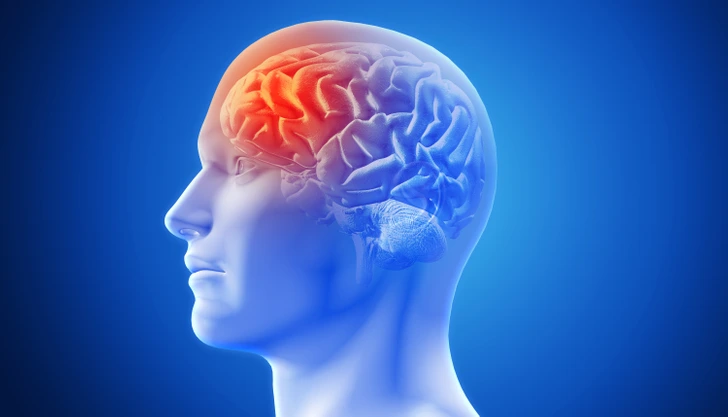
4. Cold feet
Due to a metabolism that is slower than normal, the body’s temperature decreases, causing cold hands or feet. An underactive thyroid may also cause the feet’s soles to develop dry, cracked heels. Skin may appear leathery in texture and look, or may develop deep, painful cracks.

Diet and Nutrition
- Iodine is used by the thyroid gland to produce thyroid hormones. However, if you have Hashimoto’s disease or other autoimmune thyroid problems, you may be more susceptible to iodine’s negative side effects. Eating foods high in iodine, such as kelp, dulse, and other types of seaweed, may cause or aggravate hypothyroidism. Taking iodine supplements can produce the same effect.
- Pregnant women: Because a fetus receives iodine from the mother’s diet, pregnant women require more iodine during pregnancy.
Age and Gender
- Women over 60 are more likely to develop a thyroid condition.
- Infants can develop hypothyroidism. Most newborns born without or with a malfunctioning thyroid gland do not exhibit symptoms immediately, but if hypothyroidism is not detected and treated quickly, symptoms such as feeding issues, poor growth, poor weight gain, jaundice (a disorder characterized by yellowing of the skin and whites of the eyes), constipation, poor muscular tone, dry skin, crying in a raspy voice, an enlarged tongue and a soft swelling or bulging near the belly button, sometimes known as an umbilical hernia can develop.
When an infant’s hypothyroidism is not treated, it can develop into serious physical and mental development issues. - Teens: Children and adolescents with hypothyroidism can experience all the common symptoms but, they may also have poor growth causing a small stature, slow development of permanent teeth, delayed puberty and poor cognitive development.
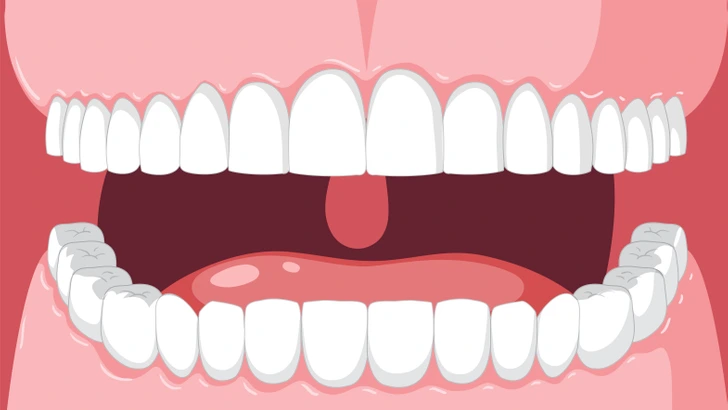
Impact of Stress on Thyroid Function
Stress can fuel thyroid disease symptoms by making them worse or causing them to take longer to go away. One needs to avoid stressful situations, as best as possible, and speak to a trusted medical consultant if they suspect that they might have the disease.
Here are some techniques to alleviate stress:
- Regular exercise
- Avoiding stressors wherever possible.
- Breathing techniques
- Psychotherapy and other therapeutic techniques
- Activities include yoga, mindfulness, meditation, and journaling
Disclaimer: This article is for informational purposes only and does not substitute for professional medical advice. Always consult a qualified healthcare provider for personalized recommendations.
Source: brightside.me






